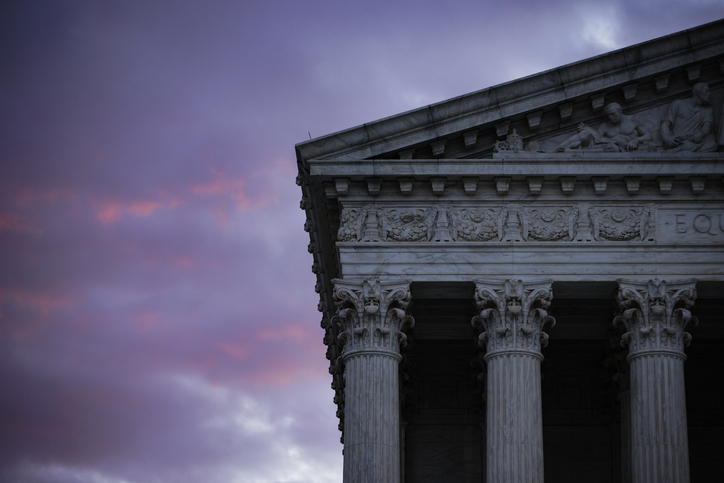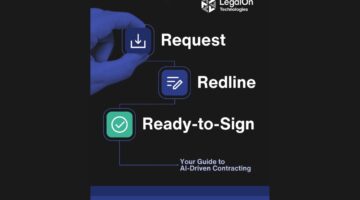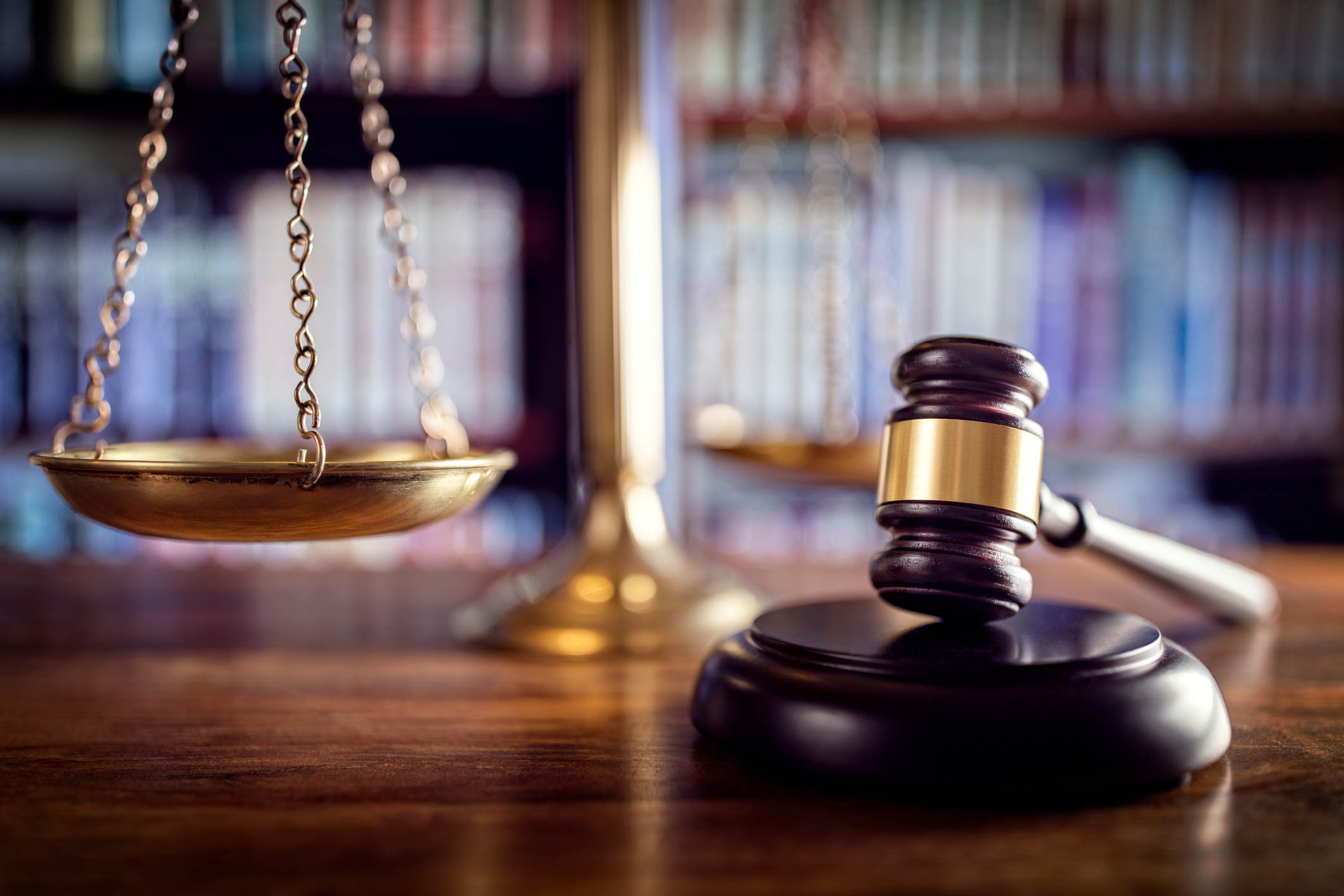
Morning Docket: 09.11.25
* Trump administration appeals stay in bid to fire Federal Reserve governor in prelude to Supreme Court showdown. [Reuters]
* Former FBI agents allege they were subjected to loyalty tests. [NPR]
* Clients driving firms to use more generative AI. Knock it all you want, but hallucinations are cheap! [Bloomberg Law News]
* Bipartisan ABA task force calls for serious election reform to protect the rule of law. [Law.com]
* D.C. Circuit returns Copyright chief to job. [Law360]
* As authorities keep detaining and then releasing suspects in the Charlie Kirk case, the local newspaper notes that Utah allows open carry everywhere, making it harder to just nab everyone leaving the scene with a gun. [Salt Lake Tribune]
* Lynne Stewart, the defense lawyer that the Bush administration accused of aiding terrorists, has died. [ABA Journal]















